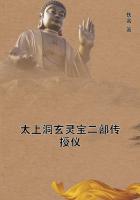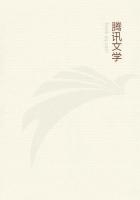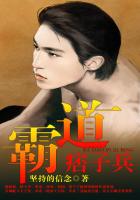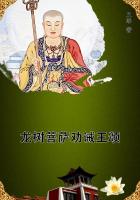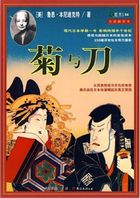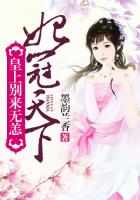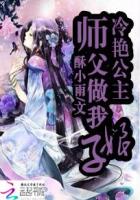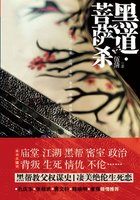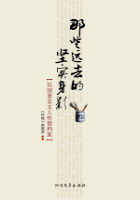Little Primrose dames of the English classic, the wife and daughters of the Vicar of Wakefield have no claim whatever to this name of lady. It is given to them in this page because Goldsmith himself gave it to them in the yet undepreciated state of the word, and for the better reason that he obviously intended them to be the equals of the men to whom he marries them, those men being, with all their faults, gentlemen. Goldsmith, in a word, meant them to be ladies, of country breeding, but certainly fit for membership of that large class of various fortune within which the name makes a sufficient equality.
He, their author, thought them sufficient. Having amused himself ingeniously throughout the story with their nameless vulgarities, he finally hurries them into so much sentiment as may excuse the convention of heroes in love. He plays with their coarseness like a perfectly pleased and clever showman, and then piously and happily shuts up his couples--the gentle Dr. Primrose with his abominable Deborah; the excellent Mr. Burchell with the paltry Sophia; Olivia-- but no, Olivia is not so certainly happy ever after; she has a captured husband ready for her in a state of ignominy, but she has also a forgotten farmer somewhere in the background--the unhappy man whom, with her father's permission, this sorry heroine had promised to marry in order that his wooing might pluck forward the lagging suit of the squire.
Olivia, then, plays her common trick upon the harmless Williams, her father conniving, with a provision that he urges with some demonstration of virtue: she shall consent to make the farmer happy if the proposal of the squire be not after all forthcoming. But it is so evident her author knew no better, that this matter may pass.
It involves a point of honour, of which no one--neither the maker of the book nor anyone he made--is aware. What is better worth considering is the fact that Goldsmith was completely aware of the unredeemed vulgarity of the ladies of the Idyll, and cheerfully took it for granted as the thing to be expected from the mother-in-law of a country gentleman and the daughters of a scholar. The education of women had sunk into a degradation never reached before, inasmuch as it was degraded in relation to that of men. It would matter little indeed that Mrs. Primrose "could read any English book without much spelling" if her husband and son were as definitely limited to journeyman's field-labour as she was to the pickling and the gooseberry wine. Any of those industries is a better and more liberal business than unselect reading, for instance, or than unselect writing. Therefore let me not be misunderstood to complain too indiscriminately of that century or of an unlettered state.
What is really unhandsome is the new, slovenly, and corrupt inequality whereinto the century had fallen.
That the mother of daughters and sons should be fatuous, a village worldling, suspicious, ambitious, ill-bred, ignorant, gross, insolent, foul-mouthed, pushing, importunate, and a fool, seems natural, almost innocently natural, in Goldsmith's story; the squalid Mrs. Primrose is all this. He is still able, through his Vicar, in the most charmingly humorous passage in the book, to praise her for her "prudence, economy, and obedience." Her other, more disgusting, characteristics give her husband an occasion for rebuking her as "Woman!" This is done, for example, when, despite her obedience, she refuses to receive that unlucky schemer, her own daughter, returned in ruins, without insulting her by the sallies of a kitchen sarcasm.
She plots with her daughters the most disastrous fortune hunt. She has given them a teaching so effectual that the Vicar has no fear lest the paltry Sophia should lose her heart to the good, the sensible Burchell, who had saved her life; for he has no fortune.
Mrs. Primrose begins grotesquely, with her tedious histories of the dishes at dinner, and she ends upon the last page, anxious, amid the general happiness, in regard to securing the head of the table.

